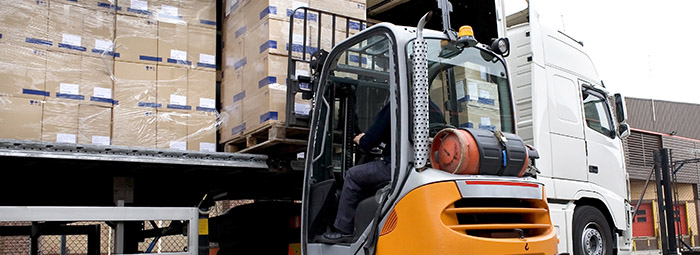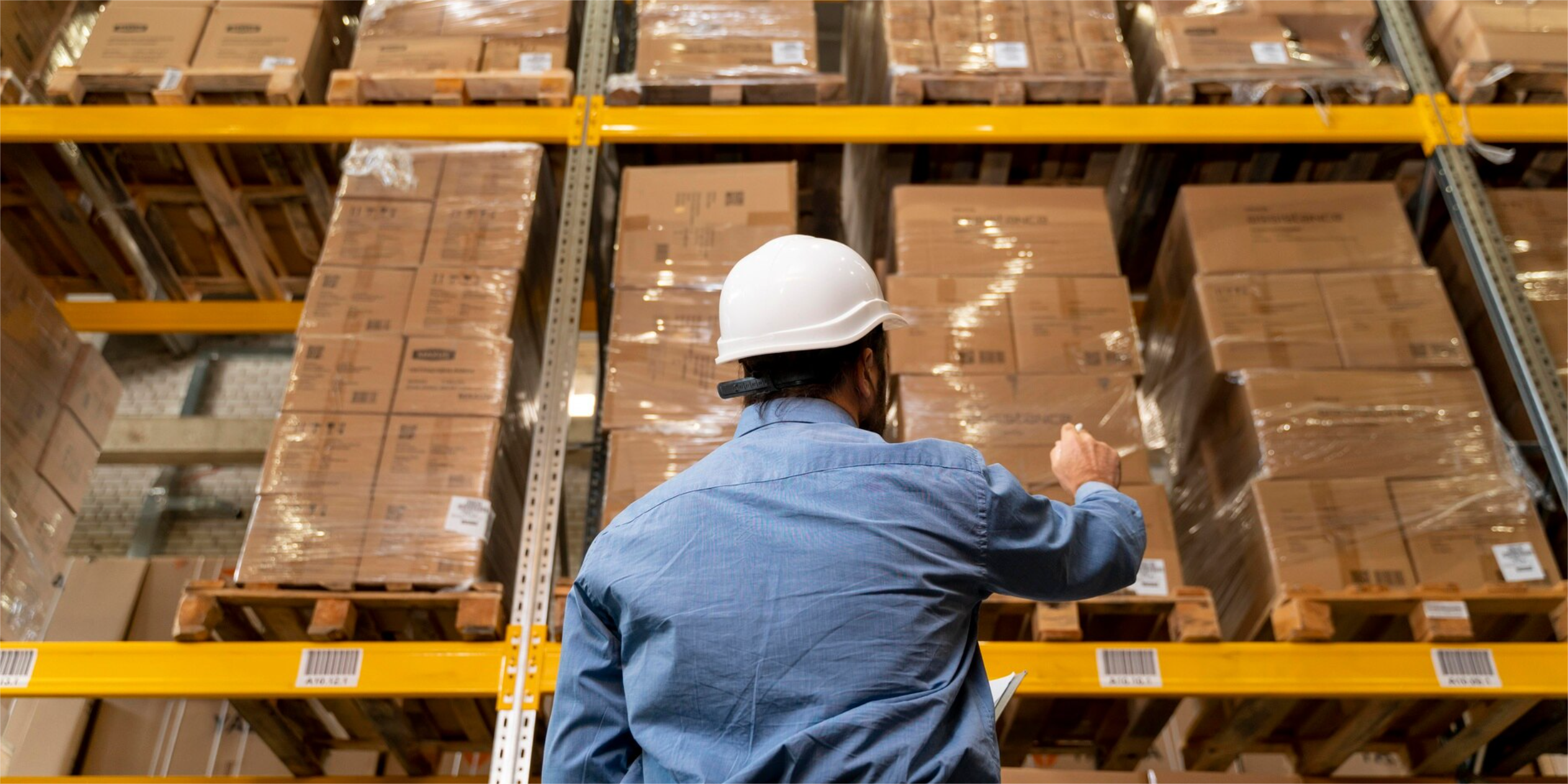Because of COVID-19, the logistics industry is monitoring the supply of medical goods across the globe as well as its impact, likely interruptions, and shortages.
Currently, logistics companies are working 24/7 to ensure the supply of medical goods all over the world and to guarantee hospitals, clinics, and patients have access to life-saving resources.
There is no question that the health industry has always had one of the most critical of supply chains due to the composition of drugs, their urgency, temperature requirements, and the necessary experience to handle these goods. However, when crises such as the one we are going through arise, moving these supplies turns vital, so much so that both the medical industry and governments are vying to fill their stocks with medical supplies ranging from medical masks to respirators.
On a global scale, the medical devices industry is known as one of the most resistant to recessions because, even in hard times, people and institutions consume medications and materials. Nevertheless, the pandemic of COVID-19 has also had a negative impact on this industry. In fact, the market considers that USA’s major health companies have had poor results.
Roles in the medical supply chain because of the pandemic
The manufacturers of medical devices have found ways to donate product and funds to mitigate the pandemic. Likewise, they keep on working with other companies to develop products to increase the contention and help put a stop to the fast spread of the virus.
Meanwhile, several governments have fostered the cooperation with the private sector to mitigate the virus. The United States, for example, implemented the Medical Supply Chain Emergency Law (which is based upon the Defense Production Law) where the President asks the country’s manufacturers to produce and distribute medical products such as medical masks, gloves, medical coats, and respirators.
The World Health Organization (WHO) and other institutions have asked companies and governments to increase the manufacturing of personal protection gear to meet the global demand triggered by this strain of coronavirus.
On that same note, some specialized logistics companies have implemented risky and innovative contingency plans:
- Splitting operation in day shifts and night shifts.
- Renting hotel rooms to make sure employees remain safe and to avoid having them crossing borders that may end up closed.
- Using air cargo to ship vital goods to the epicenters of the pandemic.
- Carrying out special deliveries at epicenters covered by “essential” permits.
The medical industry and related organizations are avoiding unforeseen circumstances by managing their supply chains considering these issues:
- Increasing the storage capacities
Some health systems are increasing their storage capacities to handle more supplies and to centralize the ventilators through their network. Similarly, some health systems are implementing emergency warehouses to meet their staff’s demands faster and better.
- Automating restocking and opening storage space
Several hospitals are opening makeshift intensive care units resulting in the need of new supply rooms to ship the necessary materials. Also, some health systems are relocating their warehouses to the infirmary floor units to improve the supply of products. Automation technology is helping lower the movement of staff along the supply chain and is allowing those in charge of supplies to find out which products are being consumed the most and need restocking.
- Monitoring the demand
We need to monitor the inventory’s turnover to balance the flow of goods, minimize the fluctuation of the demand, and prevent shortages. Some health systems are using controls to keep an eye on how personal protection gear is being used. Some use monitoring panels to control how these goods are being supplied and used, sorting them by level of importance. By doing this, they can predict when they will need to restock.
The health industry and the governments must act fast to promote the supply, lower the restrictions on exports, and stop speculation.
Solistica is in constant communication with its clients in the medical industry, looking to help them with their logistics operations. We will continue creating innovative solutions for as long as they continue asking for our help to move their products. Our staff, meanwhile, is fully committed and has the best training to guarantee people have their medical products when they need them.






